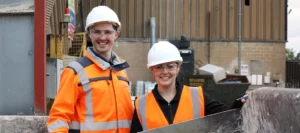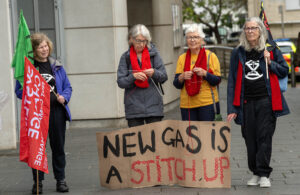Climate change plans should involve a wider group of experts
Tackling the climate emergency should involve those knowledgeable in the arts, business owners, farmers, landowners, developers, and investors, say researchers.
The UKRI-funded project highlights ‘multiple contradictions’ in the pathways to net-zero, including losses of biodiversity, human wellbeing and cultural knowledge of the landscape.
The interdisciplinary group of researchers are therefore calling for winder-reaching solutions.
The researchers recommend that there is a greater focus on locally-devolved decisions in land-use solutions, as a one-size-fits-all approach to net-zero landscape management could be damaging in certain environments.
As well as studying the physical impact of landscape decisions, the researchers also say that action should be taken within the full context of the social consequences of these changes; for example, in the case of sudden large-scale changes to farming.
The group does, however, recognise that ‘swift action is essential, otherwise, we head deeper towards an inability to reach net-zero carbon targets, contribute to biodiversity collapse and, promote societal disengagement with landscapes.’
Dr. Beth Cole is Senior Research Fellow for the Landscape Decisions Programme, based at the University of Leicester, and lead author for the report said: ‘To reach the net-zero goals we need to make some challenging decisions about the way we use, manage, and interact with landscapes in the UK.
‘These landscape decisions are dependent upon many factors including the environmental characteristics, and the geographic location of the land, but in this report, we also consider the wider social framing of these decisions and call for inclusive, place-specific net-zero practices within landscapes that support both biodiversity and people.
‘Collaborating across disciplines this group of researchers together make a team that is greater than the sum of its parts and who have broken down some of the silos this urgent issue is normally approached from.’
Dr. Katharine Earnshaw, a co-author based in the University of Exeter’s Department of Classics and Ancient History, added: ‘We have an urgent need to think about the culture of change – not just what could be possible on paper. This means a better consideration of the whole picture: social and ethical ideas – the habits of thinking – alongside empirical evidence, taking account of past, present, and future.
‘This novel report demonstrates the genuine benefits of working across different subjects and with communities and businesses so that we do not reproduce the inequalities that have led us to this crisis.’
















